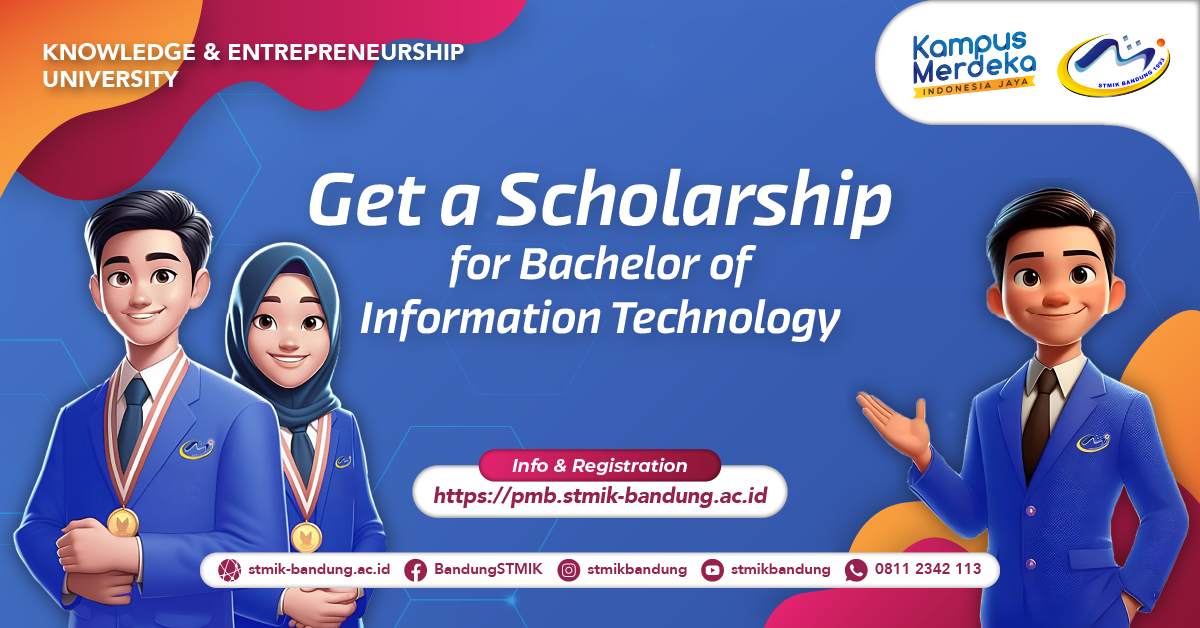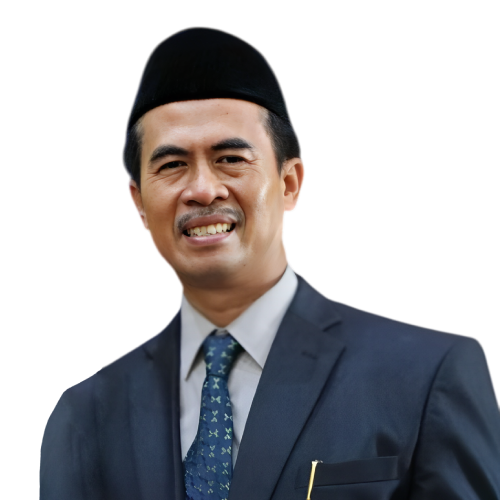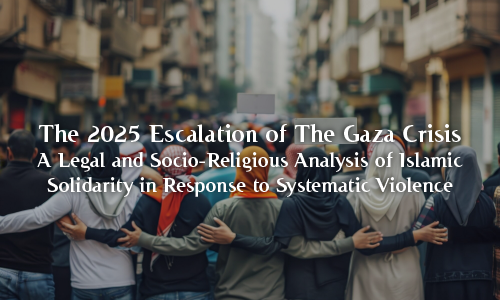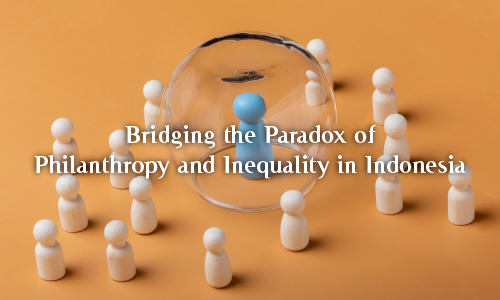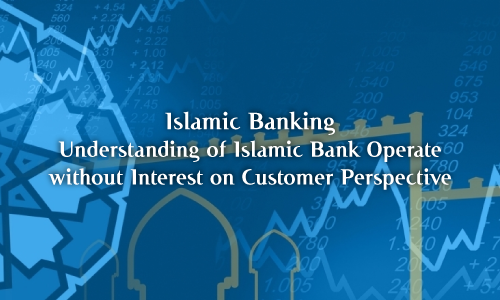
Summary: As urban poverty continues to rise in many parts of the world, traditional development strategies often fall short in addressing the complex realities of marginalized communities. This article explores a faith-based alternative through the role of kyai, Islamic scholars and community leaders, in promoting entrepreneurship education within urban settings. Drawing from Indonesia’s pesantren tradition, kyai are emerging as powerful agents of economic transformation by integrating spiritual values with practical business skills. Through place-based learning, ethical enterprise, and community-centered innovation, kyai help urban youth and families build self-reliance and resilience. The article argues that this model offers a holistic and globally relevant approach to entrepreneurship, blending morality, education, and economic empowerment to reshape cities from the grassroots.
Introduction
In the modern economy, where rapid urbanization collides with inequality and social disconnection, a silent revolution is taking root, not in tech hubs or financial centers, but in the hearts of communities led by spiritual scholars: the kyai. In Indonesia and across much of the Muslim world, kyai are not only religious leaders, they are community anchors, teachers, mediators, and now, increasingly, catalysts of economic transformation. Their growing role in urban entrepreneurship education reveals an unexpected synergy: where faith meets innovation, and where the traditions of pesantren (Islamic boarding schools) shape the future of cities.
The Urban Poverty Challenge
Cities are often imagined as lands of opportunity. Yet in many developing nations, including Indonesia, urban life brings new layers of poverty. Migrants from rural areas seek work but find themselves trapped in informal jobs, substandard housing, and lacking access to education, healthcare, or finance. Traditional strategies for addressing urban poverty, government programs, NGOs, or economic incentives, have had mixed results. But there's another path, one that bridges the spiritual and economic dimensions of society: empowering communities through faith-driven entrepreneurship.
Enter the Kyai: Faith Leaders as Economic Educators
Kyai are traditionally known for leading pesantren and guiding spiritual life. But as communities urbanize, the role of the kyai evolves. They are no longer only teachers of fiqh and…

